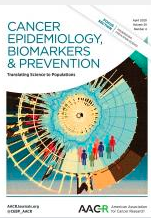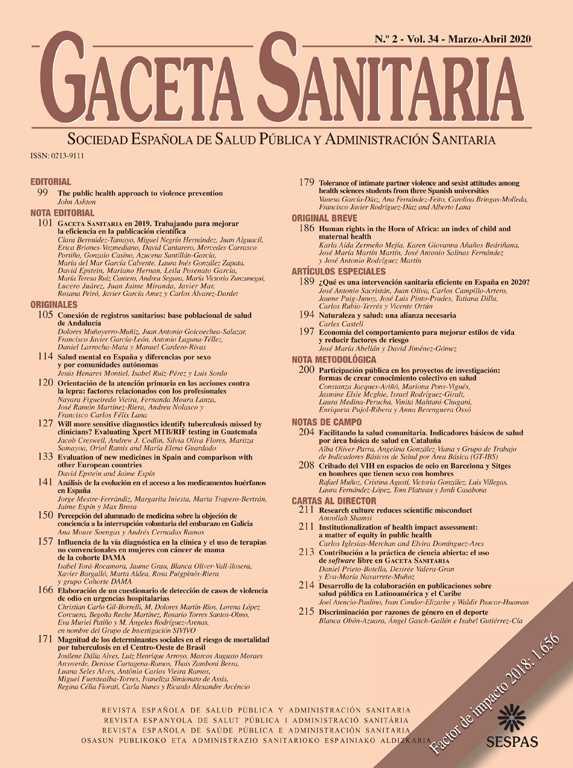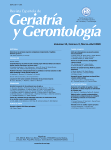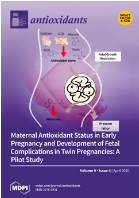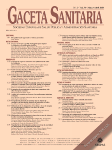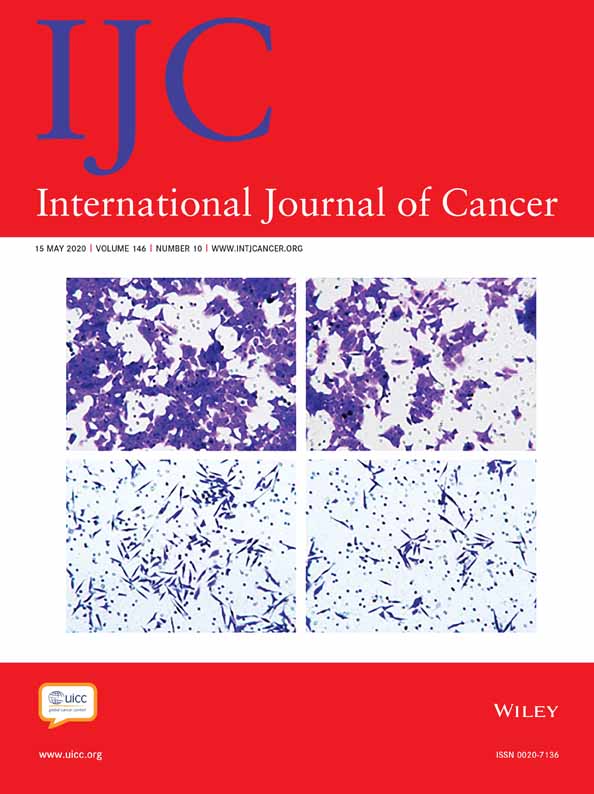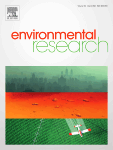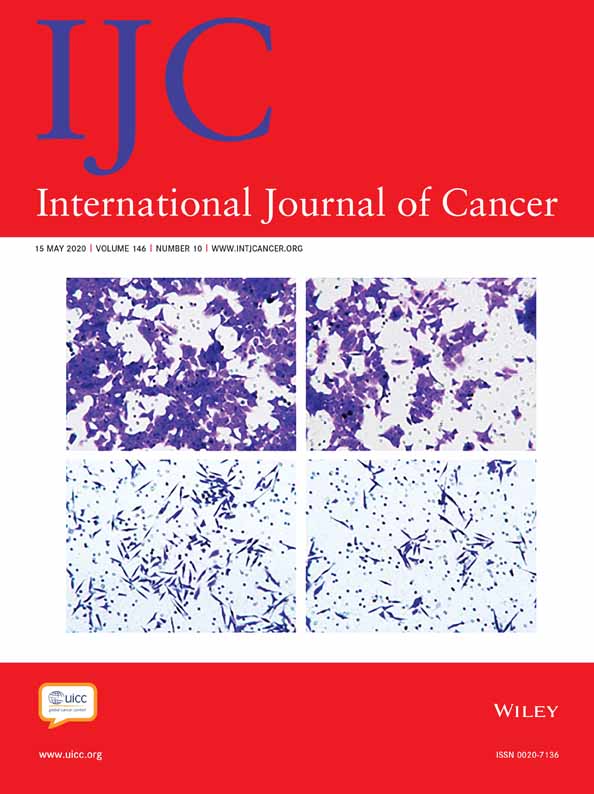Antibody responses to Helicobacter pylori and risk of developing colorectal cancer in a European cohort
Background: While Helicobacter pylori (H. pylori) is the major cause of gastric cancer, it has also been suggested to be involved in colorectal cancer (CRC) development. However, prospective studies addressing H. pylori and CRC are sparse and inconclusive. We assessed the association of antibody responses to H. pylori proteins with CRC in the European Prospective…



